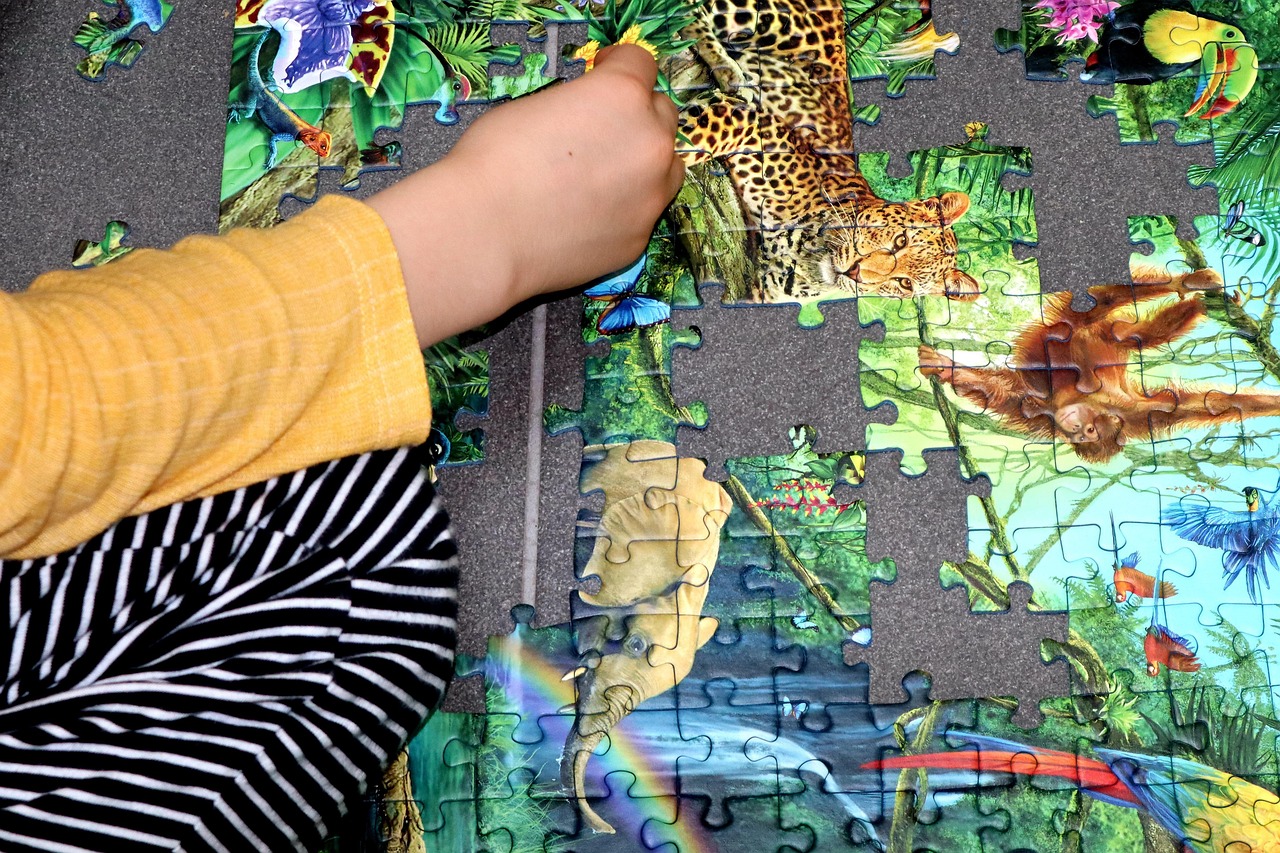The Psychology Behind Solving Puzzles and Riddles: Unlocking the Mind's Potential
Introduction
Have you ever found yourself captivated by a challenging puzzle or riddle? The thrill of solving these brain teasers goes beyond mere entertainment; it taps into the very essence of our cognitive abilities. In this post, we’ll explore the psychology behind solving puzzles and riddles, revealing how they enhance our mental faculties and contribute to our overall well-being.
The Cognitive Benefits of Puzzles and Riddles
Puzzles and riddles are not just fun; they are excellent tools for enhancing problem-solving skills. Engaging with these challenges requires critical thinking and creativity. When faced with a riddle, for instance, you must analyze the clues, think outside the box, and often approach the problem from multiple angles.
Enhancing Problem-Solving Skills
- Critical Thinking: Puzzles encourage you to evaluate information and make decisions based on logic.
- Creativity: Riddles often require unconventional thinking, pushing you to explore various solutions.
Boosting Memory and Concentration
Solving puzzles can significantly improve memory and concentration. When you engage with a puzzle, your brain is actively working to recall information, recognize patterns, and maintain focus.
- Memory Retention: Regularly solving puzzles can enhance your ability to remember facts and details.
- Increased Focus: The concentration required to solve a puzzle can translate to improved focus in other areas of life.
Reducing Stress and Anxiety
Engaging in puzzle-solving can also serve as a form of stress relief. The immersive nature of puzzles allows individuals to escape from daily pressures, providing a mental break.
- Mindfulness: Focusing on a puzzle can promote mindfulness, helping to reduce anxiety levels.
- Sense of Accomplishment: Completing a challenging puzzle can boost self-esteem and provide a sense of achievement.
The Science Behind Puzzle Solving
Research shows that engaging in mentally stimulating activities, such as solving puzzles, can promote neuroplasticity—the brain's ability to reorganize itself by forming new neural connections. This is crucial for maintaining cognitive health as we age.
Neuroplasticity and Brain Function
- Cognitive Reserve: Regularly challenging your brain can build a cognitive reserve, potentially delaying the onset of cognitive decline.
- Dopamine Release: Successfully solving a puzzle triggers the release of dopamine, a neurotransmitter associated with pleasure and reward.
The Role of Motivation
Understanding what motivates individuals to solve puzzles can provide insight into their psychological benefits. People are often driven by:
- Curiosity: The desire to learn and discover new things.
- Challenge: The thrill of overcoming obstacles and proving one’s abilities.
Types of Puzzles and Their Unique Benefits
Crossword Puzzles
Crossword puzzles are a fantastic way to enhance vocabulary and general knowledge. They require recall and application of words, which can improve language skills.
Sudoku
Sudoku puzzles enhance logical reasoning and pattern recognition. They require players to think strategically and plan ahead.
Riddles
Riddles often involve wordplay and lateral thinking, making them excellent for developing creative problem-solving skills.
Conclusion
The psychology behind solving puzzles and riddles reveals a wealth of cognitive and emotional benefits. From enhancing problem-solving skills to reducing stress, these activities are more than just a pastime; they are a pathway to unlocking the mind's potential.
Ready to challenge your brain? Try our **Crossword Generator** or explore other engaging puzzles on eHelpFulTools today!
Try Our Crossword Generator